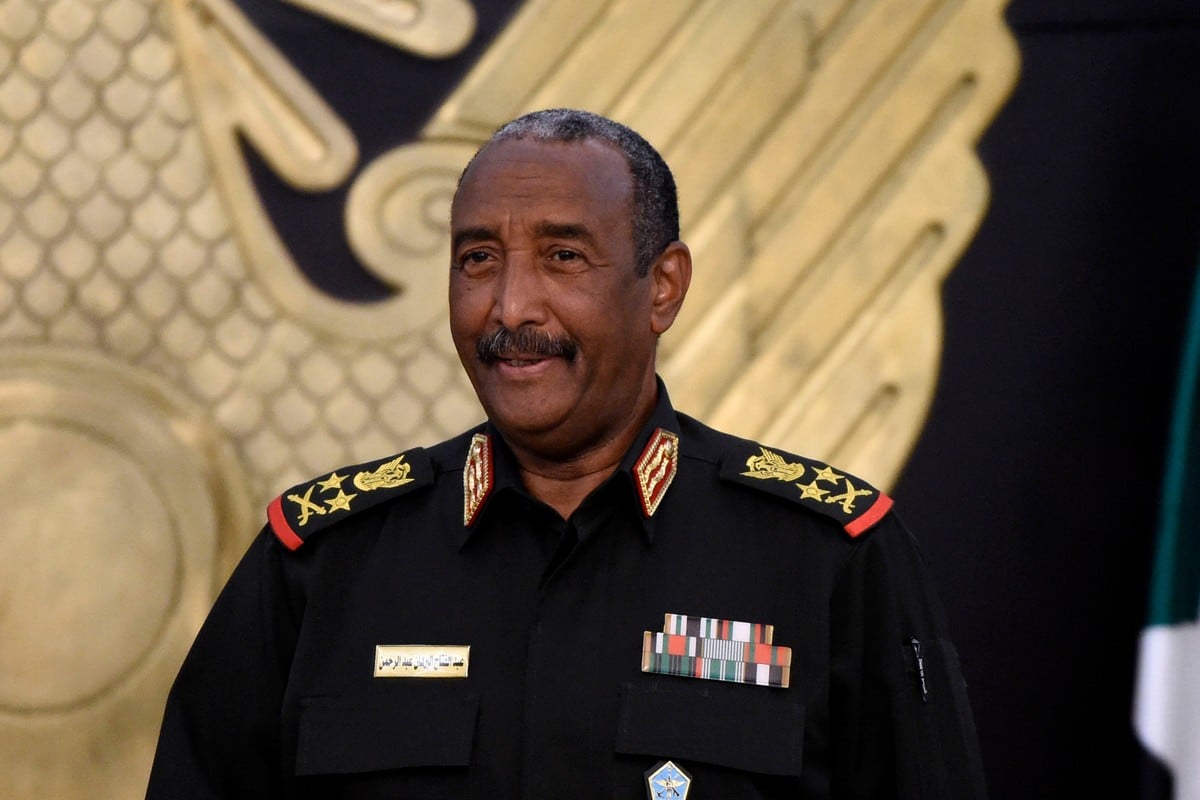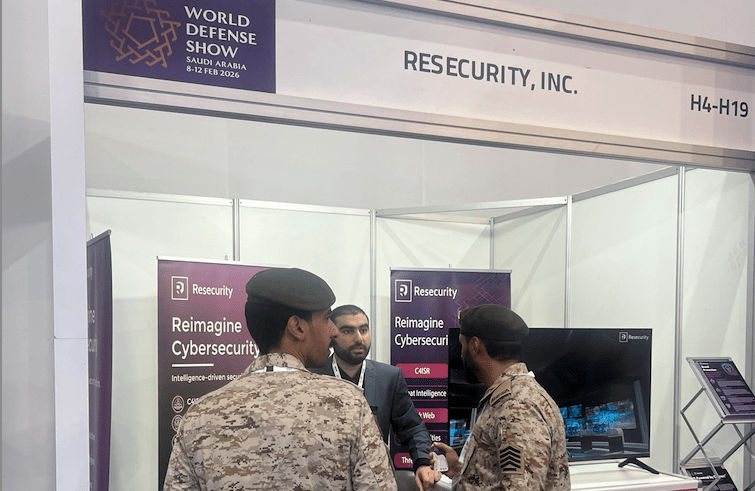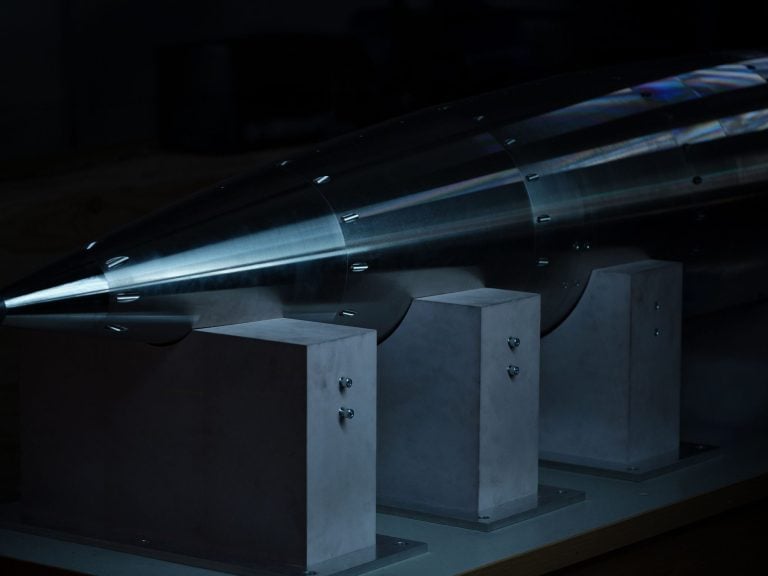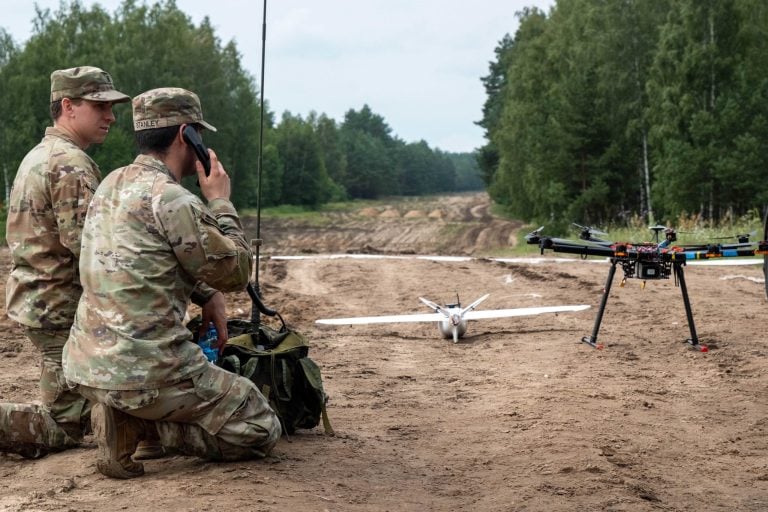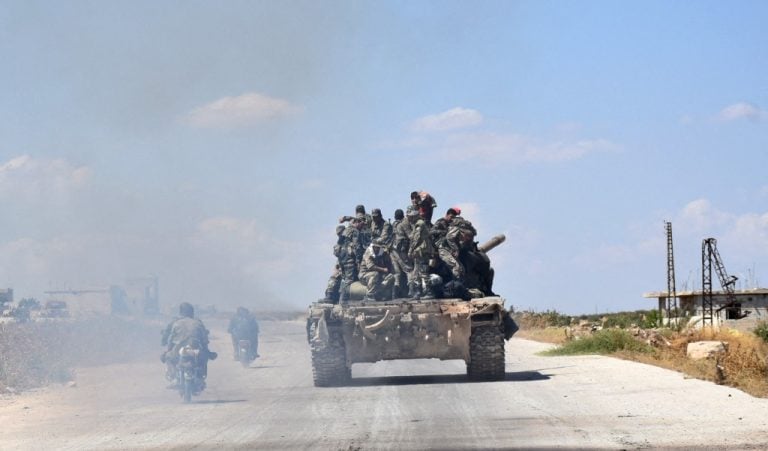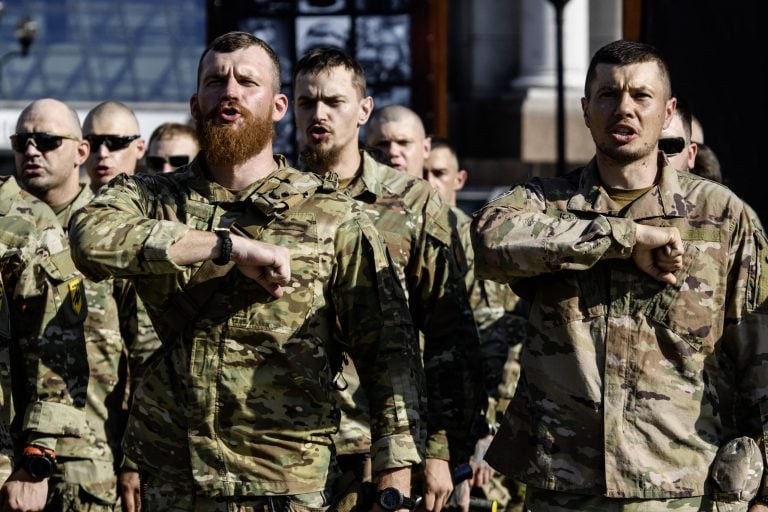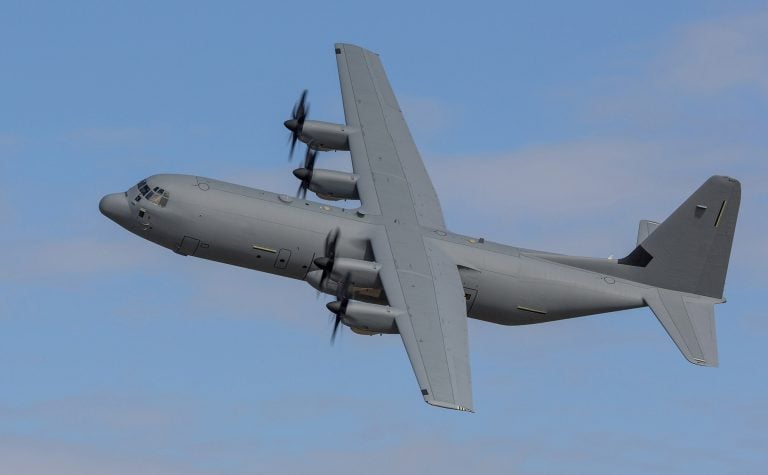Sudan’s military chief, Abdel Fattah al-Burhan, has declared the capital, Khartoum, liberated from the grip of the paramilitary Rapid Support Forces (RSF) following an extended conflict that has lasted almost two years. This announcement was made during a broadcast by state television on Wednesday, marking a significant milestone in a multi-day military operation to reclaim key state institutions situated in central Khartoum.
In a symbolic display, Burhan visited the war-damaged presidential palace, dressed in military fatigues and raising his fist in triumph as he was accompanied by soldiers who chanted “God is greatest.” The imagery captured in the palace illustrated the impact of the ongoing war, with shattered windows and remnants of fighters’ makeshift accommodations scattered throughout the halls.
The war erupted in April 2023 when Burhan clashed with his former deputy, RSF commander Mohamed Hamdan Daglo. This conflict propelled the RSF into dominance over the governmental district of Khartoum, compelling the legitimate authorities to retreat to Port Sudan, located along the Red Sea coast.
Despite this apparent defeat for the RSF, which has suffered significant setbacks, experts warn that the conflict is by no means resolved. Recently, the RSF has formed a new military alliance with the Sudan People’s Liberation Movement-North, led by Abdelaziz al-Hilu, which controls strategic areas bordering South Sudan and Ethiopia. On the day of Burhan’s announcement, the army successfully expelled RSF fighters from the capital’s airport and reported encircling the RSF’s last stronghold in the vicinity of Khartoum, just south of the city center.
On the eve of Burhan’s declaration, the army faced accusations of conducting one of the war’s deadliest airstrikes, resulting in numerous casualties within a market in western Darfur. The United Nations reported that at least 270 bodies had been buried following the strike, highlighting the humanitarian catastrophe exacerbated by the conflict, which has already claimed tens of thousands of lives and displaced over 12 million people.
As the military forces pushed to secure Khartoum, reports surfaced of RSF members fleeing southward across the White Nile. The sources indicated that the RSF utilized the Jebel Awliya bridge, their remaining escape route that connected them to RSF locations west of the city.
In an ironic twist to the violence that has ravaged the city, reports from Khartoum showed civilians celebrating the RSF’s retreat. Videos appeared to depict members of the army engaging joyfully with local residents, a stark contrast to the turmoil they have endured since the start of the conflict. In Port Sudan, crowds gathered to celebrate the army’s supposed victory, chanting slogans emphasizing national unity.
Eyewitness accounts from the Sahafa neighborhood, which is near the government district, corroborated the army’s claims that RSF personnel had vacated the area, leaving behind possessions and abandoned homes. This exodus was consistent with prior allegations against the RSF for looting and occupying civilian residences during their occupation, compounded by serious accusations of human rights abuses, including systematic sexual violence.
The international community has taken notice, with the United States imposing sanctions on both Burhan and Daglo for their roles in the conflict and war crimes, particularly targeting Daglo for accusations of genocide in Darfur.
The ongoing violence has drawn serious concern from the United Nations, particularly due to reports of continued assaults on civilians by both sides in the conflict. As the situation evolves, analysts caution about potential retaliatory attacks by RSF forces targeting civilians they suspect of collaborating with the army, while the army is also accused of enabling violence against those deemed sympathetic to the RSF.
